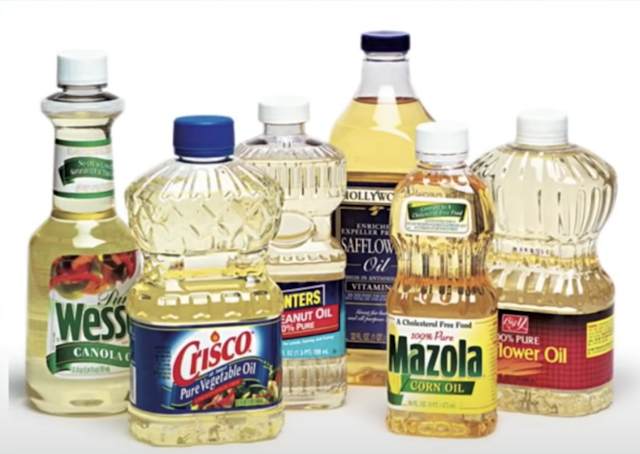Vitamin D, Hydroxychloroquine and Pancreatic Cancer: What You Need to Know

Pancreatic cancer, which affects about 60,000 Americans every year, is one of the deadliest forms of cancer. After diagnosis, fewer than 10 percent of patients survive for five years. While some chemotherapies are initially effective, pancreatic tumors often become resistant to them. The disease has also proven difficult to treat with newer approaches such as immunotherapy. Dr Steve Bigelsen Steve Bigelsen, MD is a physician specializing in Allergy and Asthma, who in July 2016 was diagnosed with pancreatic adenocarcinoma . He had tumors in the head and the tail with scattered peritoneal metastases and a CA19-9 of 11,575 U/ml. Working with physicians from Weill-Cornell and Johns Hopkins, he began treatment with gemcitabine and capecitabine, plus IV paricalcitol (an analog of Vitamin D) and hydroxychloroquine (an old malaria drug). Both of these are in clinical trials separately, however, no one had ever combined them. Both are relatively safe, inexpensive, and may be prescribed by ...

